A growing number of investment banks and organizational leaders are warming up to the warnings of the likelihood of rising recession risk in the US. Despite reeling from a steep selloff in recent weeks, the stock market does have plenty of room to fall before hitting levels consistent with recession-era lows, notified Morgan Stanley. This situation is expected to be especially bad for cyclical industries like travel and hospitality.
Recession risk in the US is higher and more front-loaded. The Fed’s more aggressive rate hike is putting the odds of a recession over the next two years at 48%. This was previously recorded at 35%. These tighter financial conditions are estimated to drag down GDP as much as 2 percentage points over the span of next year.
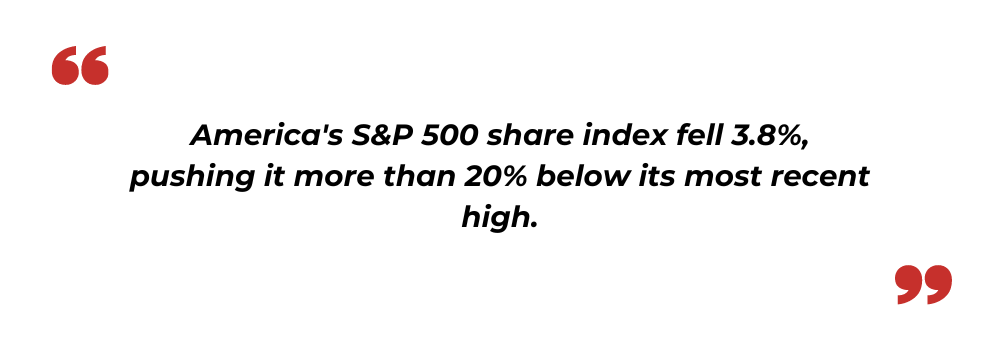
The Brewing Storm
US citizens are seeing economic storms brewing. The rising risk of inflation has turned the economic mood sour at an alarming pace and put Biden's administration in risky waters. Key issues like student loans are paralyzed by inflation fears. The administration is now casting around for outside-the-box fixes to help hard-pressed American households. from a windfall tax on commitments. Economists are laying out arguments on why the soaring cost of living is not Biden’s fault.
Over the last few months, inflation rates spiked higher, triggering another leg of the stock-market rout. This has pushed the Fed into an even more hawkish stance. The sentiment of US consumers plunged to the lowest level. Rising prices are primed to be this year’s top election issue.
The crisis sparked due to the pandemic supply-chain crunch and massive fiscal stimulus. The situation worsened due to the new impetus from the energy shock that followed Russia’s invasion of Ukraine. Inflation today has reached levels that many Americans have never experienced in their lifetimes. The inflation along with the unemployment rates together are adding to the misery of the economy.
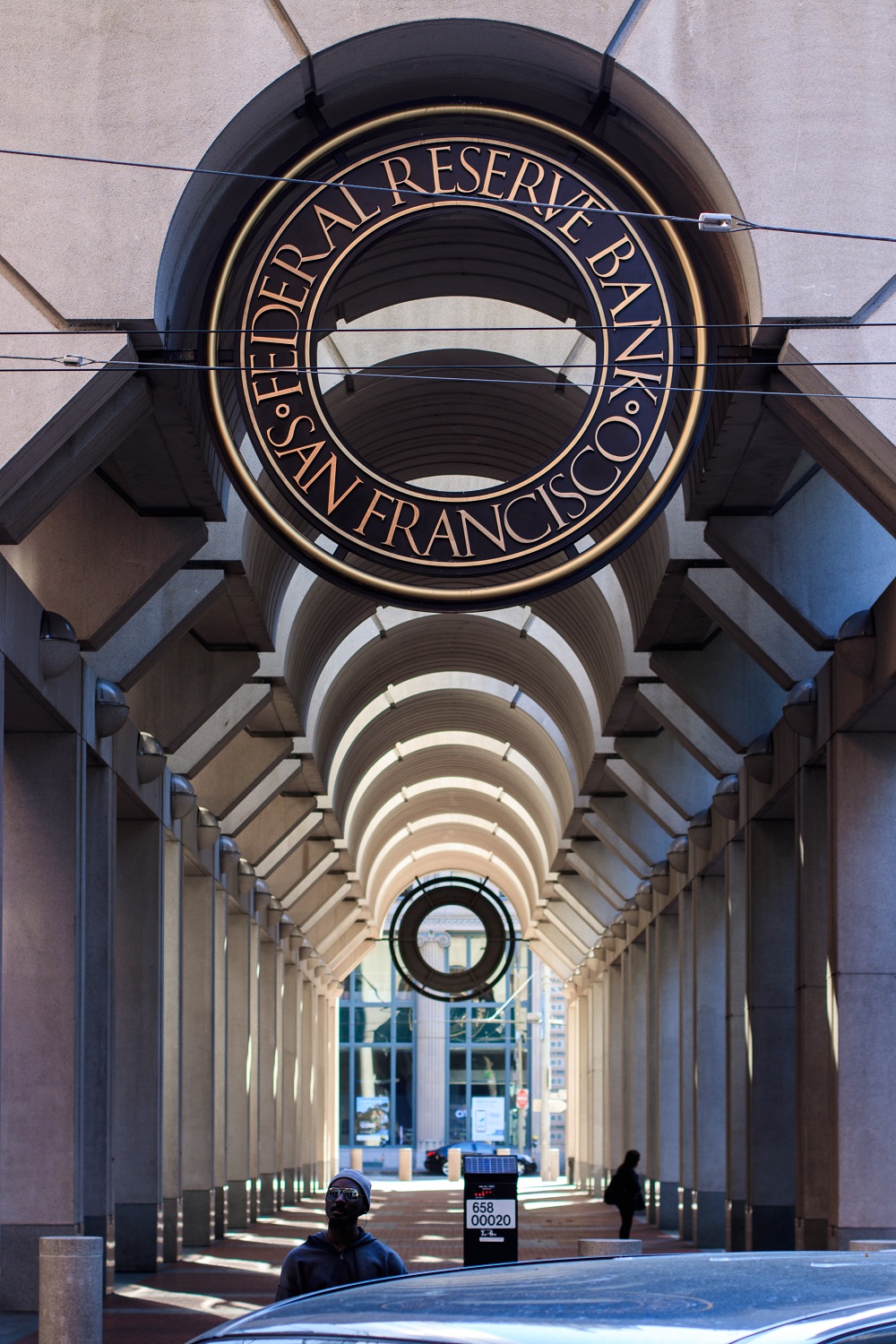
Is it a Recession or Worse?
Worries about inflation are hitting policy discussions. While the effort has been unsuccessful, businesses are now condemning the lack of understanding that is driving inflation.
Is this really the onset of a Recession?
The S&P 500 stock index fell about 20% from January’s peak. The average mortgage rate has also doubled since then. It climbed close to 6%, the highest since 2008. These market moves are being driven by the Fed’s pivot. The central bank’s new policy is already denting wealth and adding to financial costs for Americans instead of presenting a way of cooling off prices.
Read more: Looming Fears of Inflation, The Fed, and Recession: Where are The Financial Markets Heading?
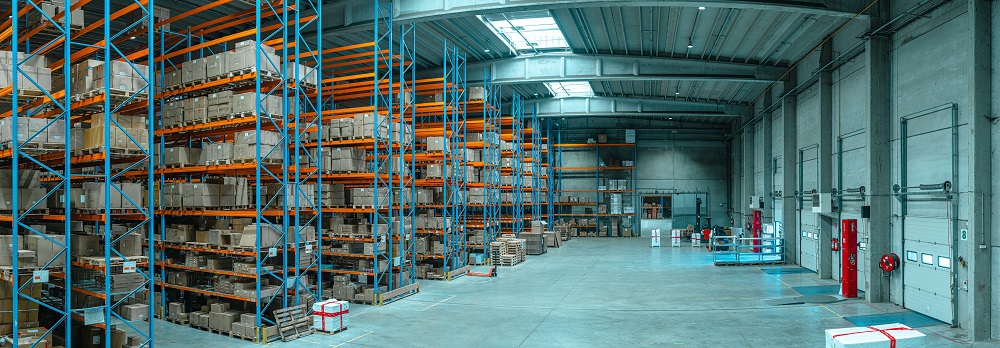
Key Highlights
-
Even though the major stock indexes are plunging more than 20% below recent highs, the markets are still only down by about 60% of the average drawdown.
-
The S&P 500 is likely to plunge as much as 20% to 3,000 points, from current levels of 3,770, if the U.S. falls into recession. The earnings can likely fall an average of 14% during recessions.
-
Due to the Federal Reserve working to combat decades-high inflation with interest rate hikes, the economic growth is expected to be hit the hardest.
-
Until the recession arrives, the bear market will not be over. The market weakness is expected to continue over the span of the next three to six months as the US is facing very stubborn inflation readings.
-
Echoing concerns are being raised by several top business leaders and financial institutions due to the steeper-than-expected hike in key interest rates. This is expected to deter spending and make borrowing more expensive.
How did the US Economy suddenly become Fragile?
A few months ago, recession in the US seemed like a distant shot. However, this now looks like the crisis is hard to avoid. Earlier this year, the Fed delivered its biggest interest-rate hike in three decades. This move is intended to tackle the fight against inflation.
Soaring prices and the rising risk of recession are hurting Americans. While the cure is going to hurt, experts are predicting that it may take a recession to stamp out inflation.
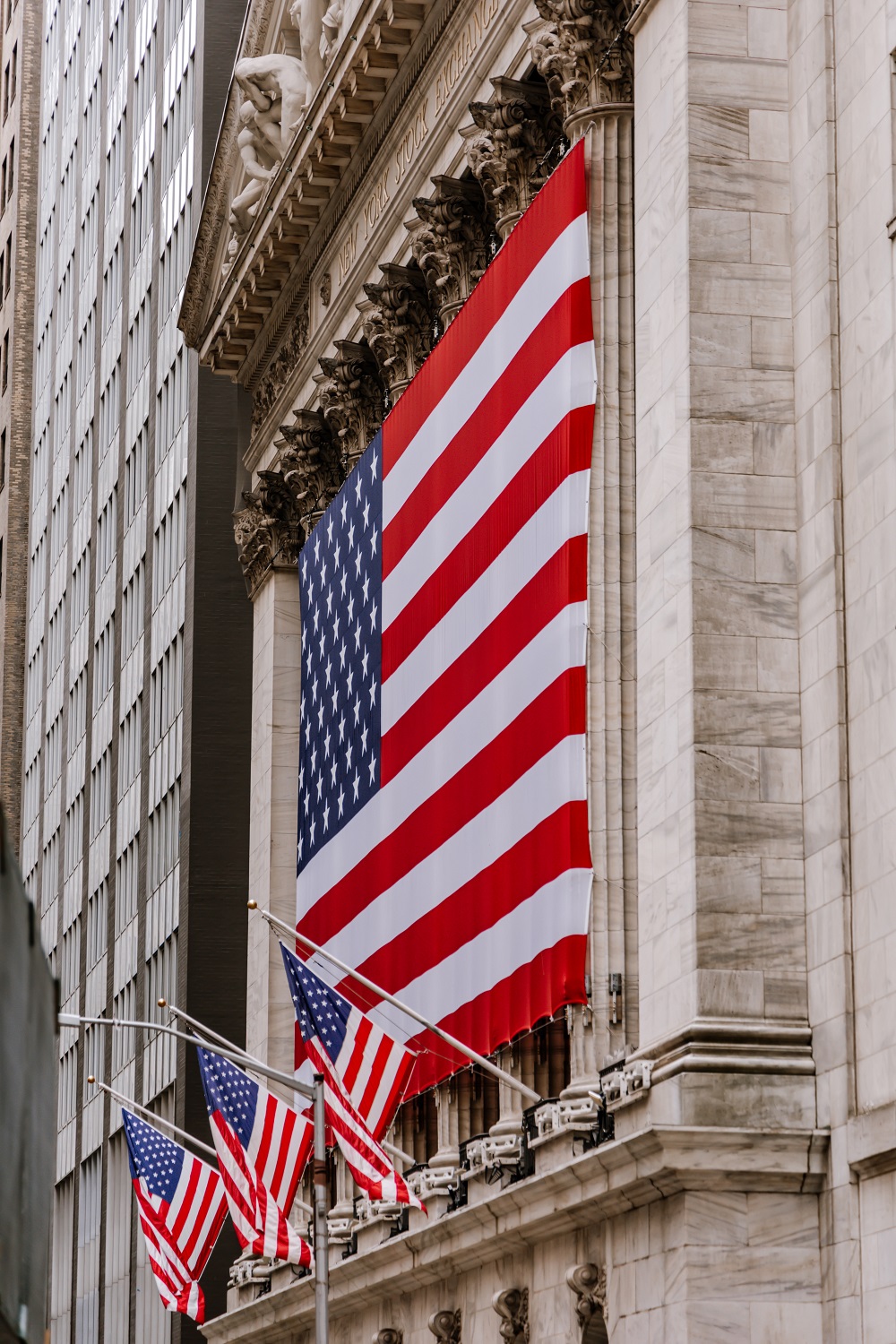
Investors are now rushing to bet on this kind of bad outcome, sending stocks and bonds plunging. American households are feeling gloomier about the current economic situation. The crisis is unfolding at a juncture when the consumers in the US are still getting to terms with cash-flush and when jobless rates are near historic lows. The Fed’s own projections and other elements highlighted by the administration indicate that a recession remains unlikely.
Read more: Tech Stocks Slump is Triggering the Withdrawn of ESG Funds: Here's Why
Industries that will feel the Heat
High prices are deterring some consumer spending. Stocks tied to discretionary spending, including those in hospitality, retail, hotels, restaurants, and clothing, are being perceived at a higher risk of a downturn. Industries tied to the internet, payments, and durable household goods like appliances and computers are on the lower spectrum of the risk.
Major stock indexes are plunging into the bear market ahead of the Fed’s largest interest rate hike in 28 years. These gloomy sentiments are ushering in waves of layoffs among the booming technology and real estate companies. While the hike in interest rates by the Fed cannot stop the issues that are causing inflation on the supply side, the impact on the economy can, however, be averted.
Restaurants are most likely to be at risk of a pullback in spending. As per the survey by Morgan Stanley, roughly 75% of respondents to the survey said that they might cut back on dining out over the next six months. 60% of them said that they would opt for delivery and takeout from restaurants. Driving much of the inflationary gains, essential items, including gas and groceries, will see more resilient spending.
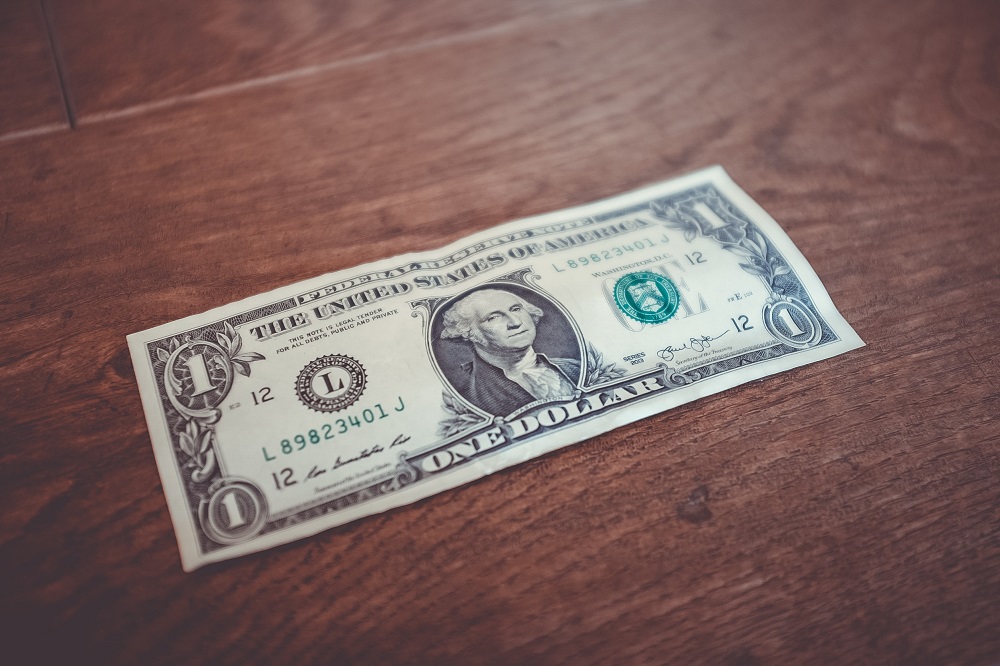
The Game of Rising Rates and Falling Wealth
The US economy is expected to fall into a mild recession by the end of 2022 as the Federal Reserve announced a rise in rates to tame prices. The financial conditions are likely to tighten further, and consumer sentiment is souring. Food and energy supply distortions are feeling the impact, and the global growth outlook is declining. This rapidly slowing growth momentum and Fed's commitment to resort to price stability are adding to the downward plunge and fueling a mild recession.
Excess savings and consumer balance sheets are likely to help mitigate the speed of economic contraction; however, monetary and fiscal policy may be constrained by high inflation. The unacceptably high rising prices are expected to stick with consumers through 2022, slowing down the growth of the US economy. With the risk of a recession in the US economy increasing, it will take several years for the administration to get back to normalizing the economic goal. While the monthly inflation rate through 2022 and the initial months of 2023 are expected to remain elevated, owing to the Fed's response to the rising risks.
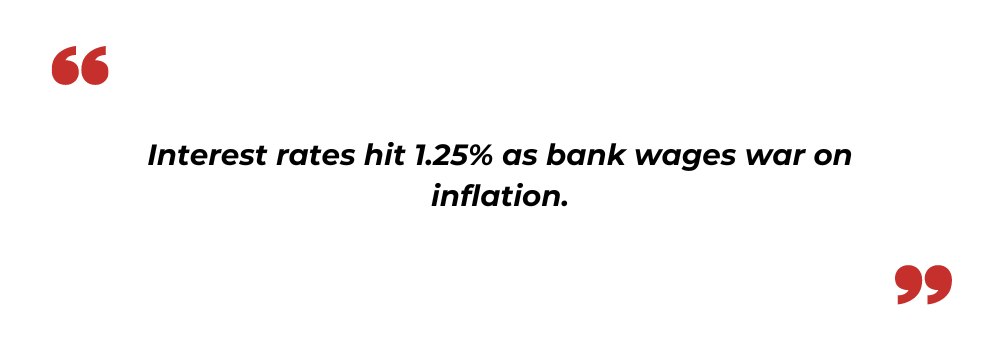
The ongoing rate hikes will continue into 2023, but with a scarcely lower terminal rate of around 3.50-3.75%, as compared to the previous forecast of 3.75-4.00%.
Read more: How Will the Global Crypto and Stock Markets Recover from the Inevitable Doom Loop?
Key Takeaways
-
S&P’s P/E drop approaches the dot-com era’s slide at a faster clip.
-
Three 19% drawdowns in four years reflect a rare bout of volatility in the market.
-
Elevated prices are leading to unanchored price expectations.
-
The Federal Reserve will likely continue its hike in interest rates into 2023.
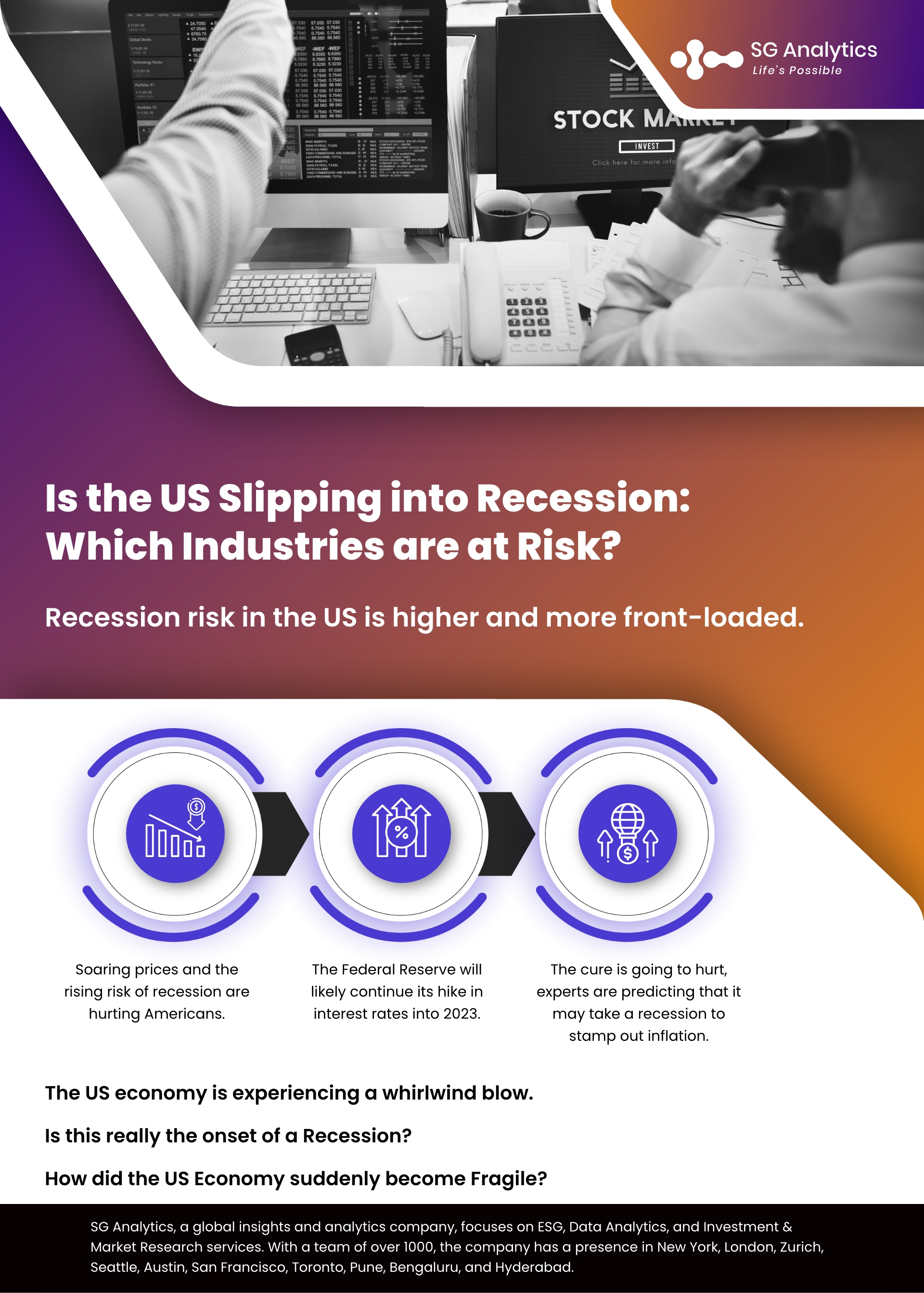
Final Thoughts
The US economy is experiencing a whirlwind blow. High savings for households, fat profits for organizations, and low costs to service debt are not hallmarks of an impending downturn. However, these factors are contributing to the recession somewhere between 25% and 35%. Even if the economy is expected to fall into a downturn, the economy will require time to bounce back and pull Biden’s presidential ratings with it.
However, the Fed's decision now holds the chances of rising recession risks. Banks including Deutsche Bank and Morgan Stanley are also warning clients of the fading economic landing and greater chances of a recession.
A downward plunge in 2023 is probably expected to weigh down the economic growth of the US economy. The possibility of recession arriving in 2024 is likely to be expected, making the situation even worse.
With a presence in New York, San Francisco, Austin, Seattle, Toronto, London, Zurich, Pune, Bengaluru, and Hyderabad, SG Analytics, a pioneer in Research and Analytics, offers tailor-made services to enterprises worldwide.
A leader in the BFSI space, SG Analytics assists businesses with insightful relevant research along with sophisticated technology solutions. Contact us today if you are in search of an efficient market research service provider to make critical data-driven decisions.









